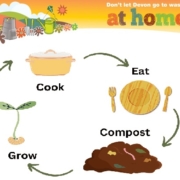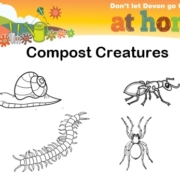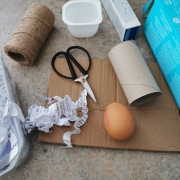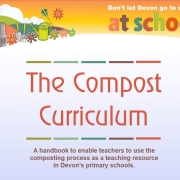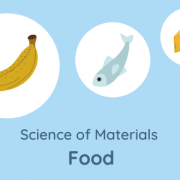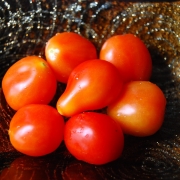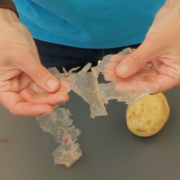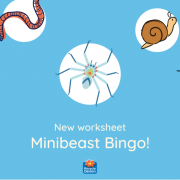Compost Life Cycle
Egg drop challenge: A Summer holiday activity!
Take on the #EggDropChallenge! Use recyclable and reused items from around the house to protect an egg from a fall!
Summer holiday activity: Egg drop challenge!
Take on the #EggDropChallenge! Use recyclable and reused items from around the house to protect an egg from a fall!
3Rs Activities at Home: The Food Saver Smoothie
In the fourth of our weekly series of challenges we are thinking about how to reduce food waste by making a delicious food saving smoothie.
3Rs Activities at Home: Turn potatoes into plastic!
Our third activity uses household ingredients to make biodegradable plastic…
3Rs Activities at Home: Minibeast Bingo!
Hunt for minibeasts in our second home activity!

